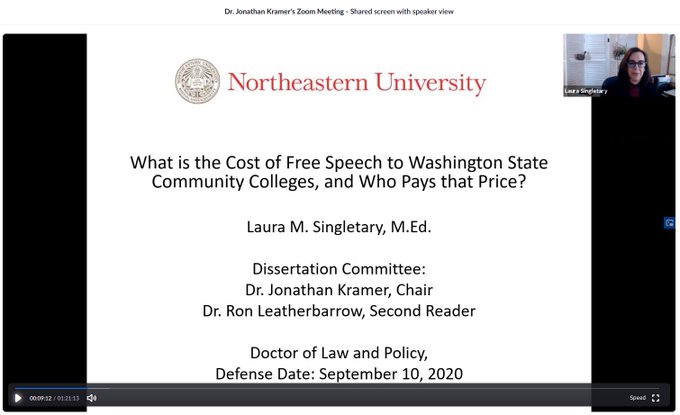
Therefore, it is important to note that a student who resigns from one program and elects to remain in the other will be subject to all the requirements of that particular degree program. GSPIA also expects joint-degree program students to complete the required master’s degree core courses early in their program in GSPIA.ĭegrees in the joint-degree program are awarded concurrently. The only requirement in this connection is that the first year in the School of Law be taken in its entirety, with no outside courses. A student may begin study in either school. The structuring of this four-year degree program is flexible. (412) of Pittsburgh Graduate School of Public and International Affairs Nordenberg University Professorĭirector, Center for International Legal Education Students interested in international development have a choice of two major fields, which include Development Planning and Environmental Sustainability or Non-Governmental Organizations (NGOs) and Civil Society. Students in the MPIA degree program pursue majors in Global Political Economy or Security and Intelligence Studies. The MPA degree offers three fields of study, which includes majors in Urban and Regional Affairs, Public and Nonprofit Management, and Policy Research and Analysis. The University of Pittsburgh’s program is unique because of the range of master’s degree options. Professionals trained in both law and public and international affairs thus enjoy expanded career opportunities.


#Doctor of law and policy professional
They also develop more marketable professional skills than are usually acquired through single-degree programs. Students in the joint-degree program gain a broadened knowledge base and a cross disciplinary approach to solving problems involving the intersection of law, policy, and management.

At the same time, legal considerations impinge more than ever on the work of public managers and planners, although most of them have had no exposure to legal training. Increasingly, lawyers in the public and nonprofit private sectors work in managerial and policy-making capacities for which legal training alone does not prepare them. This program provides rigorous, integrated training for students preparing for a professional career that combines law and public and international affairs.


 0 kommentar(er)
0 kommentar(er)
